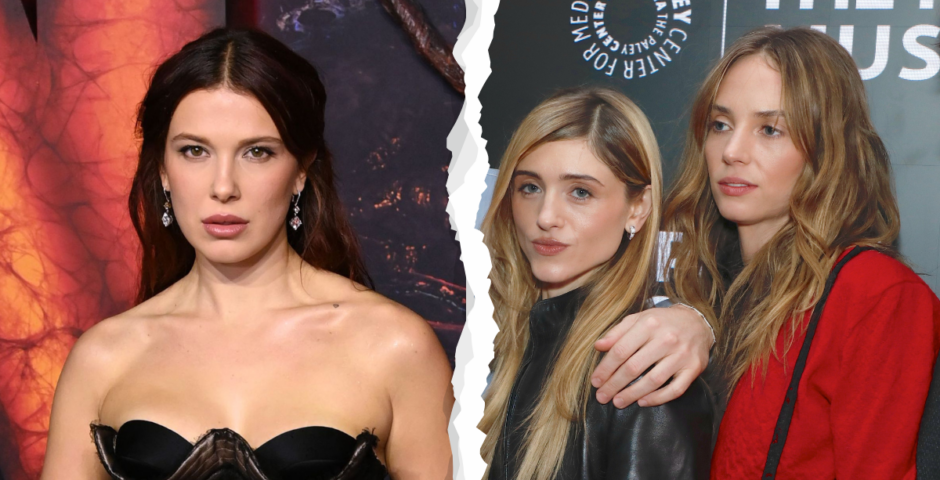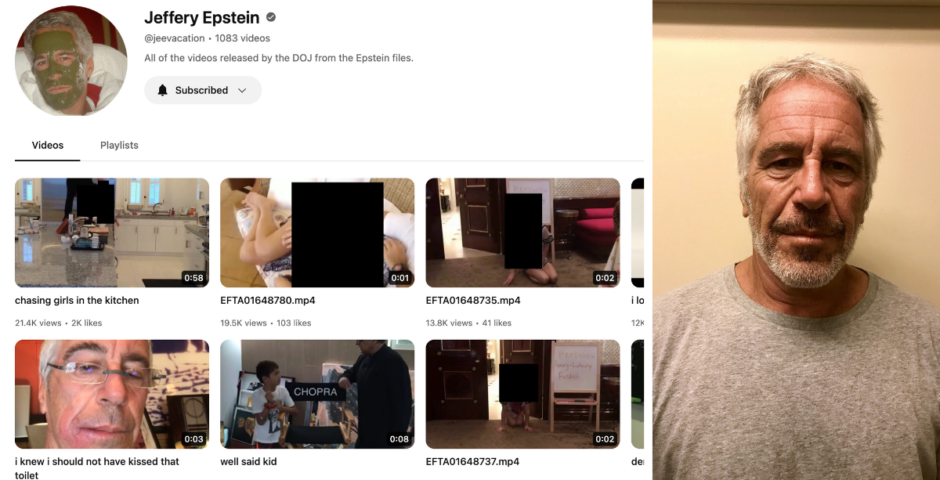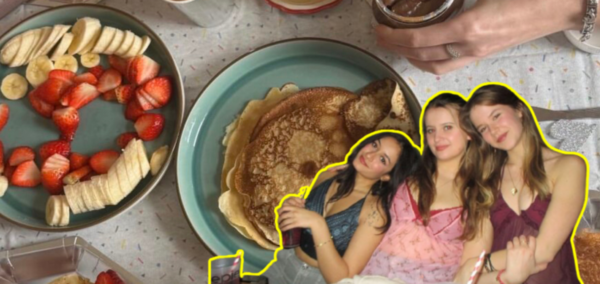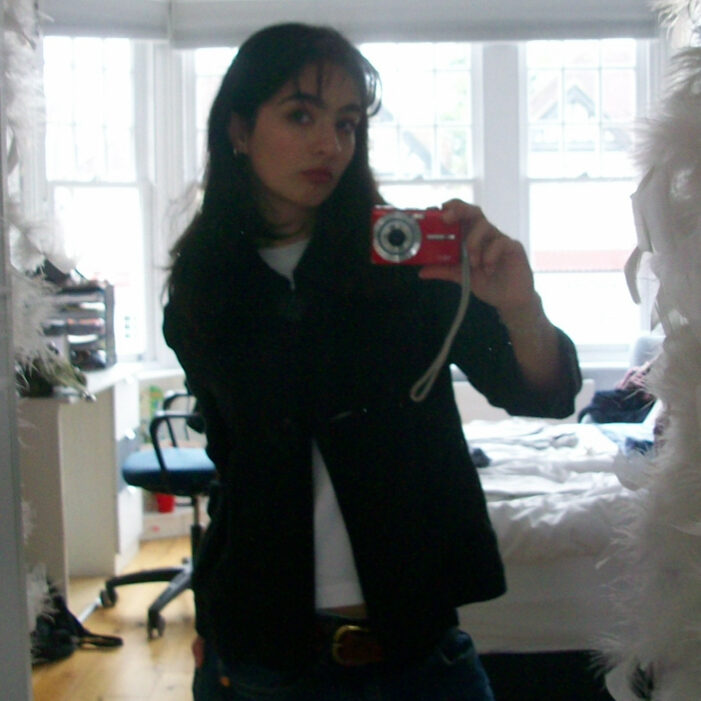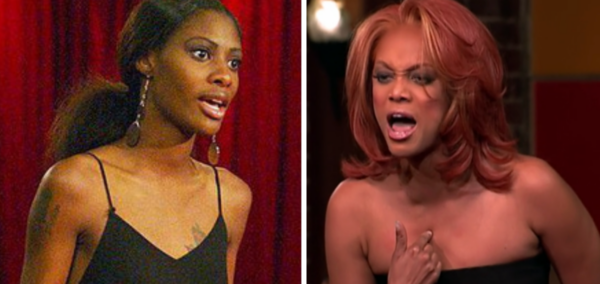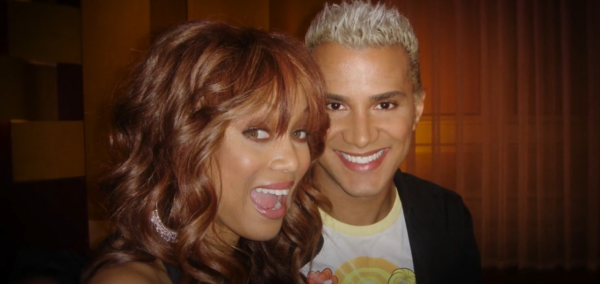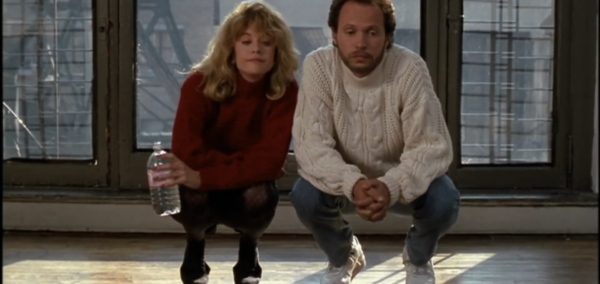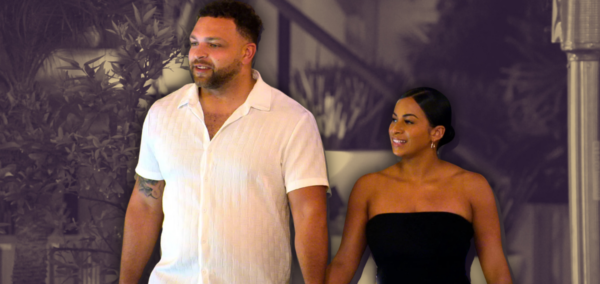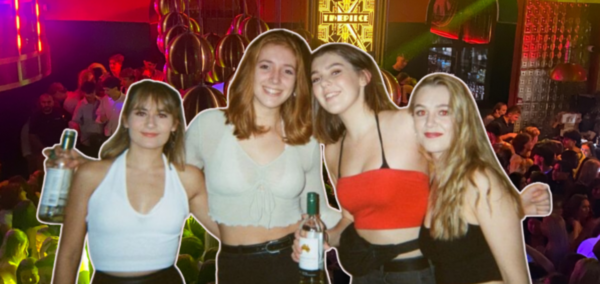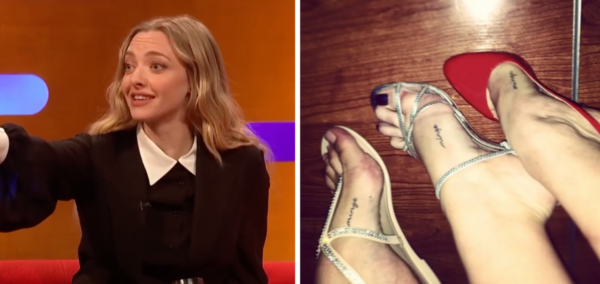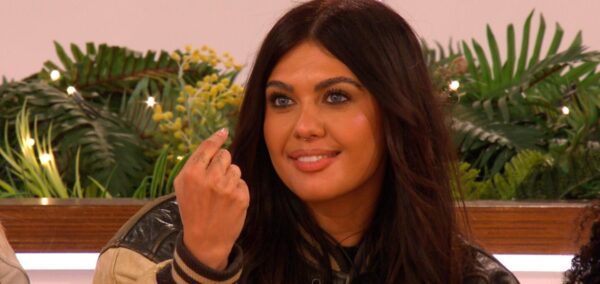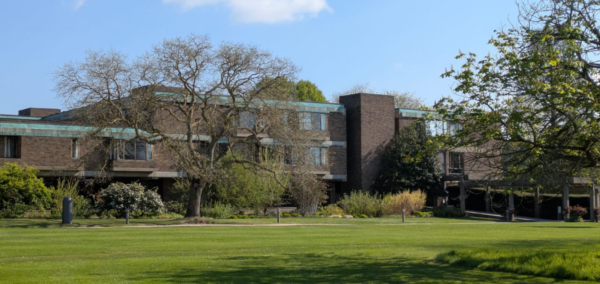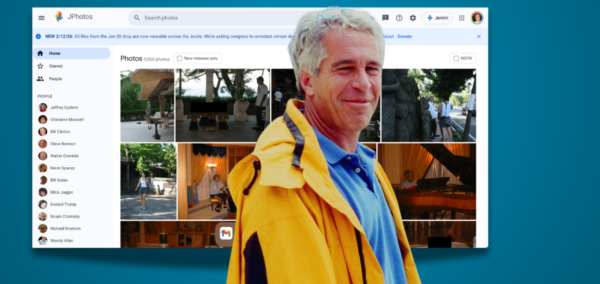
South Asian representation has long been full of lazy stereotypes – then came Bridgerton
I finally feel hope for the future of TV
Growing up, it seemed as though every South Asian character I watched on TV was placed there as a token gesture.
From unnecessarily strong Indian accents, like Baljeet’s in Phineas and Ferb, to stereotypical plot lines like, “I’m Indian so my dad controls my life” (think Mohini in Lemonade Mouth), South Asian representation on TV has brought about more cringes than pride for me.
As a South Asian woman myself, I also felt these limitations in my own experience of acting at school, where my friends of colour would have to work three times as hard to be cast in productions like The Sound of Music. I even remember when we were delighted that the next year’s musical was Oliver, because Fagin’s gang could always use a few ethnic minorities!
But then came Bridgerton season two.
After a successful season one, we have recently witnessed the highly anticipated return of Bridgerton on Netflix. In season two, we follow Anthony’s (Jonathan Bailey) search for a Viscountess and see him become entangled in a love triangle with sisters Kate (Simone Ashley) and Edwina Sharma (Charithra Chandran).
This season has sparked quite a buzz, already breaking a record as “the most viewed Netflix English language TV title in its premiere weekend.” Although, I can’t say I’m too surprised after seeing the number of people drooling over the Viscount). But there’s one aspect of the show that stood out to me in particular, and that was the representation of South Asian people.
I do not know that my heart is big enough to convey what it has been like watching #bridgertonS2 and seeing Simone Ashley and Charithra Chandan as Asian women with darker skin, playing romantic leads on a mainstream show. I am 41, and this is the first time I’ve seen it.
— Poorna Bell (@poornabell) March 28, 2022
The show presents a perfectly balanced presentation of South Asian culture, with an Indian woman simply existing without having to take on any unnecessary stereotypes.
One example is the subtle inclusion of Indian jewellery through Kate’s bangles and Edwina’s Jhumka earrings- this was such a delicate yet impactful touch for those of us who have grown up wearing them. Seeing this in a British period drama such as Bridgerton almost felt surreal.
So did hearing the terms used by the Sharma sisters like the word “Appa”, a Bengali and Tamil word meaning “father”, as well as Edwina calling Kate “Didi”, a term meaning “older sister” in Hindi. Having grown up with my younger sister calling me “Didi” too, I finally found something relatable in a show that I love.
The Indian traditions that were portrayed in the series also took me by surprise. Never would I have expected to see an example of oiling hair or the Indian Haldi (turmeric) ritual, where turmeric is rubbed on the bride’s skin before the wedding.
Can we take a moment & talk about the haldi ceremony in Bridgerton S2?! Quick explanation for those who don’t know its significance 👇🏽 pic.twitter.com/BnuaWZmR7H
— Aparna Verma (updates only) (@Spirited_Gal) March 30, 2022
While Kate’s preference of masala chai over English tea also drew a smile to my face, there was one moment of cultural representation that I found to be the most beautifully woven in- the classical adaptation of Bollywood hit Kabhi Khushi Kabhie Gham (Sometimes happy, sometimes sad).
I have to admit that after a lifetime of loving Bollywood songs but only knowing a handful of people who knew them too, it made me pretty emotional when one of my favourite ones softly played in the background of episode six.
And while it may sound soppy, I now smile every time I hear that rendition play through my earphones, knowing how much this season has meant to me and all the other South Asian people watching the show who have previously felt underrepresented in the entertainment world. Thank you, Shonda Rhimes for this representation in Bridgerton – we can only hope that other producers will follow in your footsteps.
Featured image via Netflix
Related stories recommended by this writer:
• Just 29 more memes all about season two of Bridgerton on Netflix
• The outfits from Bridgerton season two, ranked from ‘ruinous’ to ‘incomparable’
• This is what the cast of Bridgerton season two are all like in real life

